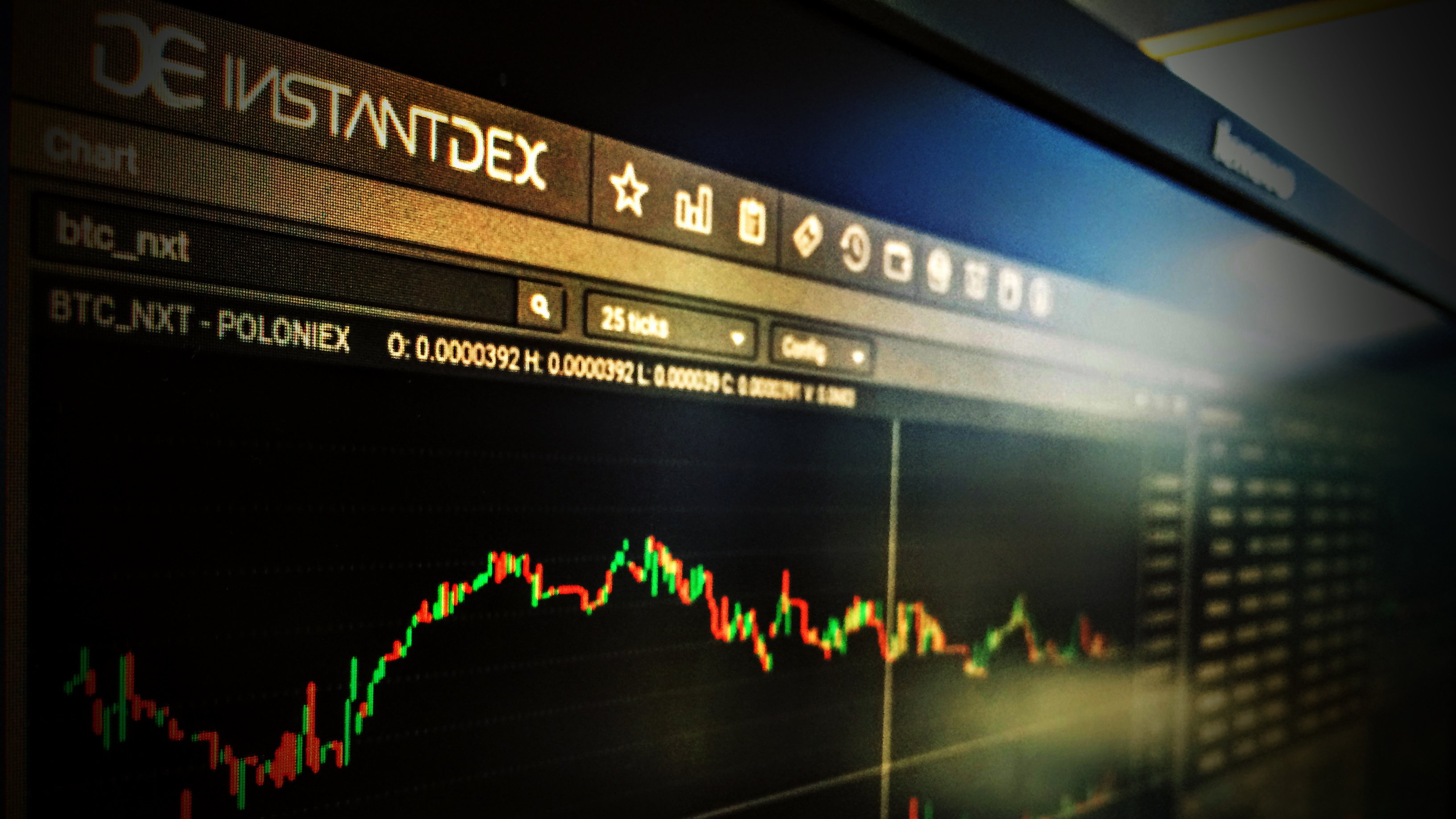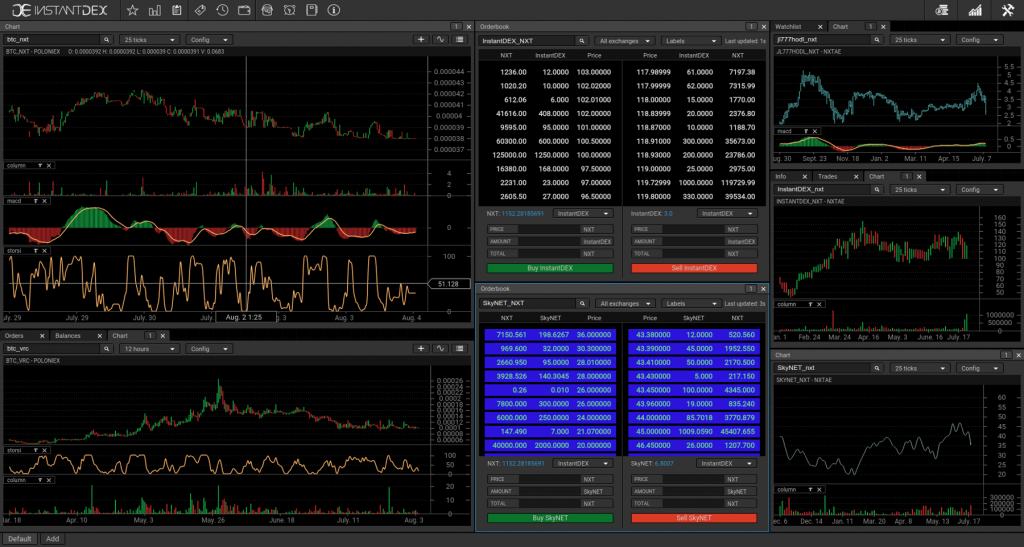Centralised vs Decentralised exchanges
Does everyone remember that day when Mt.Gox was allegedly hacked and lost approximately 400 million US dollars. This event in itself caused shockwaves around the world. People began to lose faith in cryptocurrency, how on earth could a website holding millions of dollars worth of bitcoins be compromised to a small group of hackers? I remember talking with my friends about the issue, with their limited knowledge on the bitcoin ecosystem they came to the conclusion bitcoin was hacked. Those who understand bitcoin know it was the centralised exchange which was compromised, not bitcoin itself. However, I let my friends off the hook remembering bitcoin is not an easy concept to grasp. The following year we saw a wave of hacks, Bitstamp lost 5 millions US dollars and BTER lost 1.75 million just to name a few. Bitcoin continued its downward trend and onlookers could only shake their heads. How could these centralized exchanges have such little security?
Users who are diligent and remove their money from the exchanges quickly will have no problems 99.9% of the time, however, those who leave money on exchanges for extended periods of time (months, years) could have their money stolen.
So what is a centralised exchange? A centralised exchange is a website where an exchange takes place in digital form. For example, you are holding USD and you want to buy some bitcoins. You would make a funds transfer to a centralised exchange and once that exchange received your USD you could convert that USD into bitcoins at that day’s conversation rate. The vast majority of readers should be aware of this process.
What some users may not know is, if you have any money on a centralised exchange, whether it be USD or bitcoin, that money could potentially be stolen at any moment. There are two ways your money can be stolen. Either a hacker bypasses the security on the website to steal your money, or the owners of the website itself steal the money themselves. Users who are diligent and remove their money from the exchanges quickly will have no problems 99.9% of the time, however, those who leave money on exchanges for extended periods of time (months, years) could have their money stolen.
This is a huge problem. In fact, it will affect even the average user. If hackers are regularly stealing money from exchanges this affects the price and liquidity of all cryptocurrencies. Liquidity in simple terms is price stability. In order for the price of cryptocurrencies to be stable there needs to be a large volume of trade. If users are too afraid to put money onto the exchange for long periods of time then the volume of cryptocurrencies on the exchange decreases. The result is large price fluctuations. In conclusion, the current centralised exchanges are not ideal for high volumes of trade.
That brings us to InstantDEX, which is a trustless decentralised exchange. Upon release, users will be able safely make transactions without the risk of money being taken by hackers or the exchange itself. The mastermind behind this technology is the highly respected coder known as James Lee (jl777). The initial release of InstantDEX will be geared towards professional traders, however, in the works are other services which will make it easy for the average user to take advantage of such an important service.
In later issues I will go into some of the technical details of how this all works. InstantDEX is now in it’s beta stage and users are currently finding bugs before its major release. BTCOR believes that InstantDEX will make a huge impact on the cryptocurrency community and we own a moderate amount of InstantDEX assets. Alternatively InstantDEX assets can also be bought on the NXT asset exchange.
Source: https://www.btcor.co/
Author: 3rdStryker






